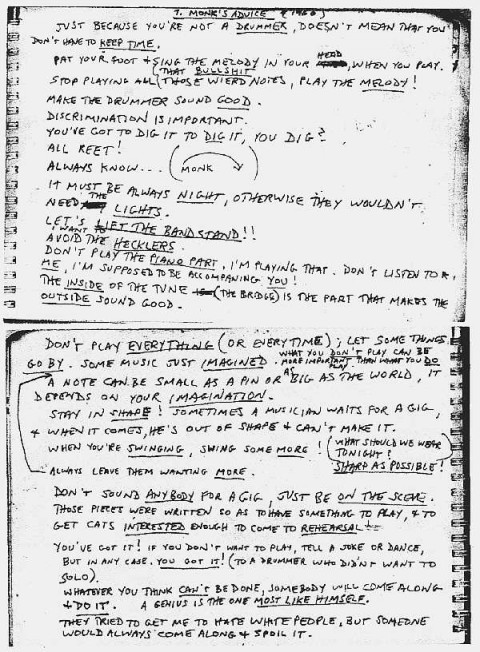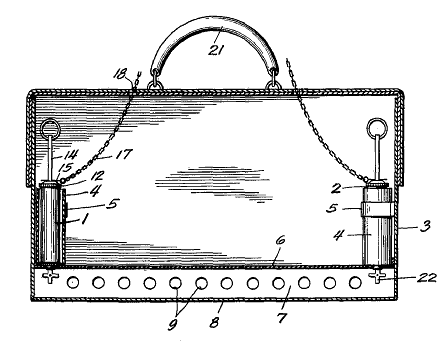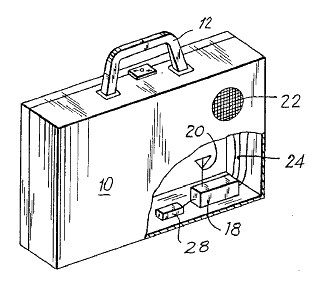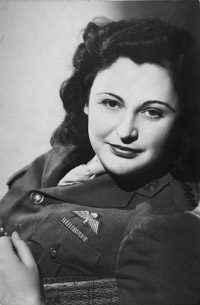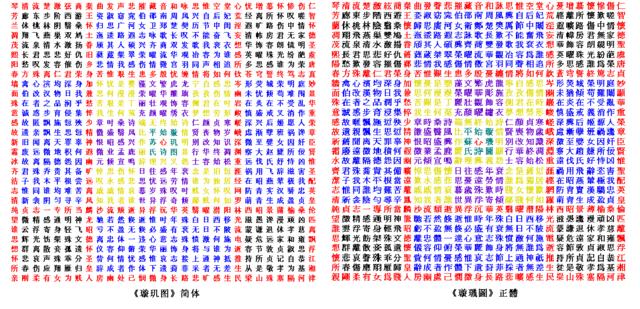Let’s hope this isn’t true — Francis Joseph Baigent’s History of the Ancient Town and Manor of Basingstoke (1889) records the story of a woman who was buried alive twice. Baigent cites two sources, an undated tract from around 1675 and a book published in 1786, The Uncertainty of the Signs of Death. Mrs. Blunden, the wife of a local malt trader, was “a fat gross woman” who in July 1674 drank so much poppy-water (opium) that she fell into a deep sleep that arrested any apparent breath or pulse. The apothecary declared that he supposed she would never wake, and her husband left for London on business, directing that she be buried on his return. But the woman’s relatives noted that the weather was warm and that the body would not last four days, so they buried her on the following day, a Wednesday. Now the tract reads:
The Friday following toward the evening some of the Scholars of the Town being at play in the Churchyard near her grave, they fancied they heard a kind of hollow voice, as it were under ground, to which laying their ears and listening more attentively they plainly heard somebody say:
Take me out of my Grave,
which words the complaining voice repeated several times, intermixing them with fearful groans and dismal shriekings.
The boys reported this to several people but were dismissed. They returned to the chuchyard on Saturday and heard the voice again, “if not with so distinct yet with a louder accent,” and that afternoon the clerk finally exhumed Mrs. Blunden. “And now surveying her body, they found it most lamentably beaten, which they concluded to proceed from the violence she did herself in that deplorable an astonishment, but upon the most diligent scrutiny they could not apprehend that she had the least breath of life remaining, and therefore they again let her down into the grave, intending on the morrow to send to the Coroner.”
Guards were set to watch the resealed grave, but as the night was wet they abandoned their post, and “on the morrow morning at their return to the grave, they found she had torn off great part of her winding sheet, scratched herself first in several places, and beaten her mouth so long till it was all in gore blood.”
A number of citizens were indicted for their negligence, but a town doctor testified that he had held a mirror to Blunden’s mouth before her burial and could see no sign of breath, so “only the Town had a considerable fine set upon them for their neglect.”

